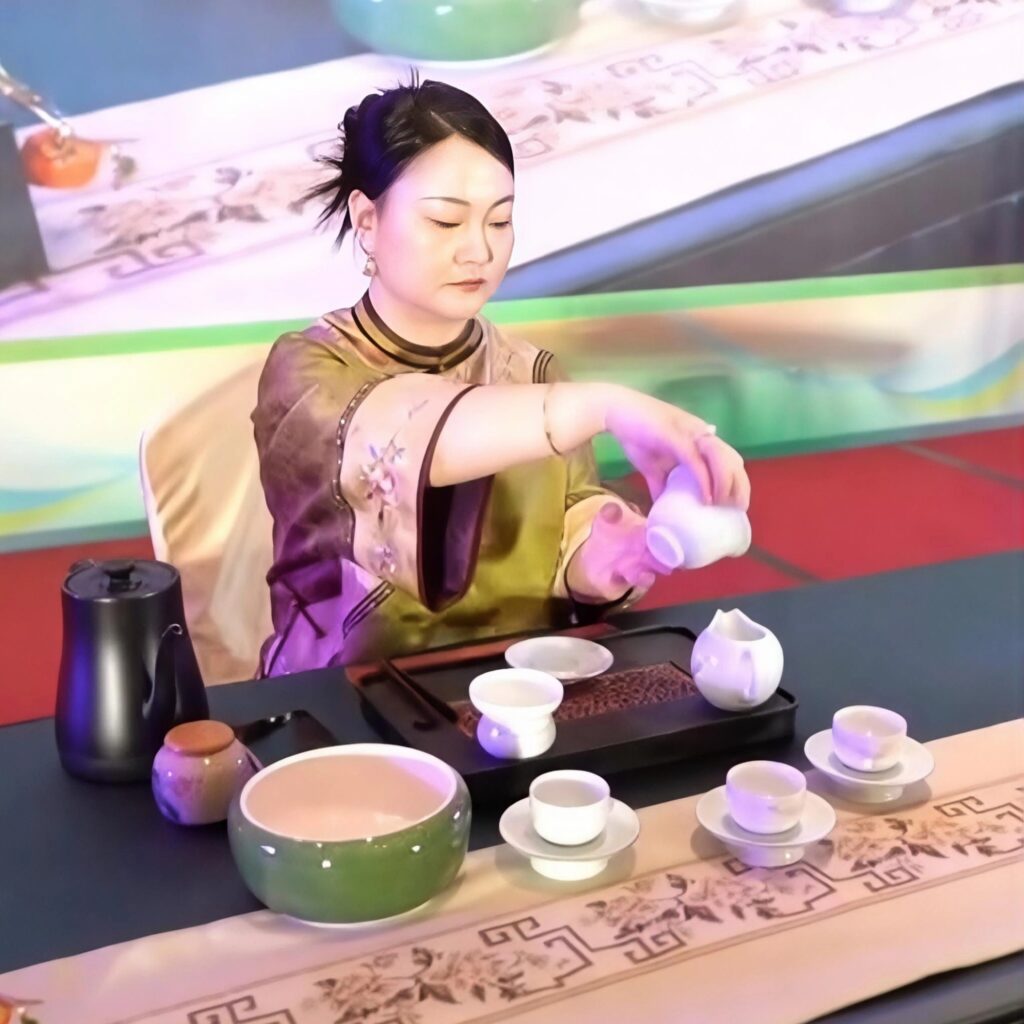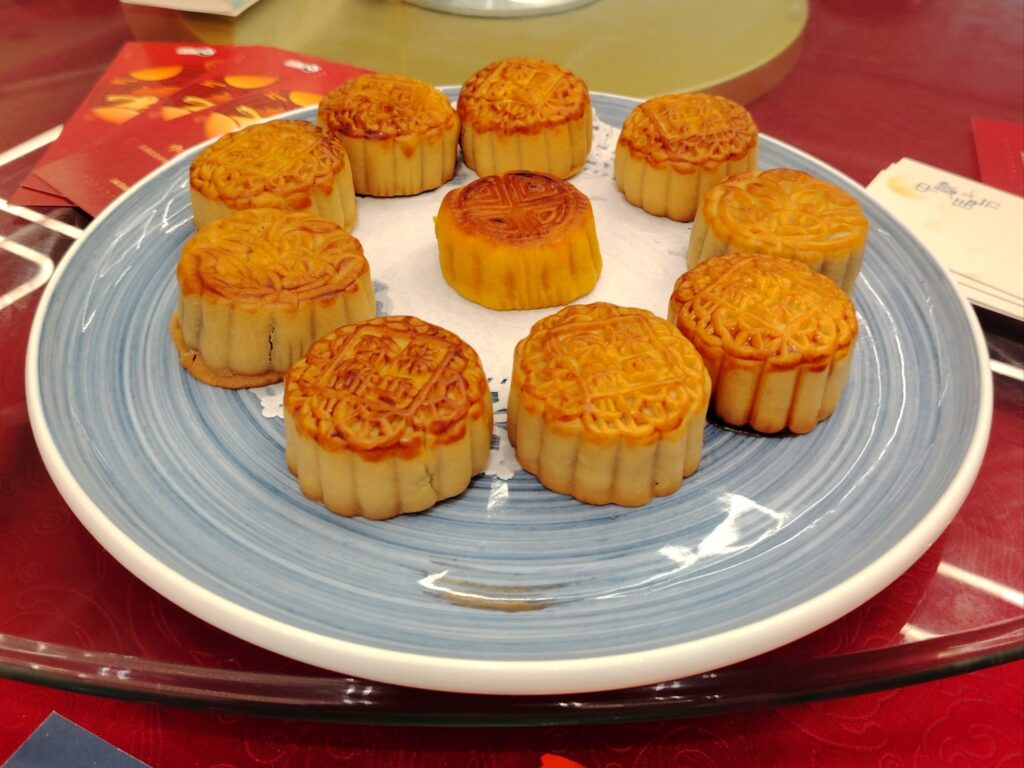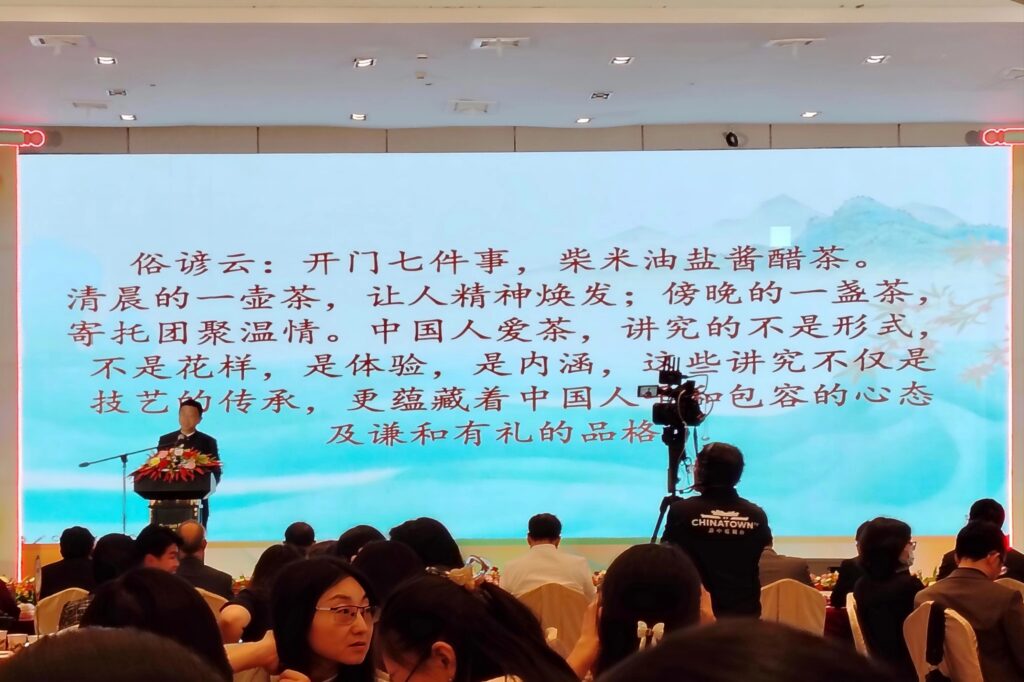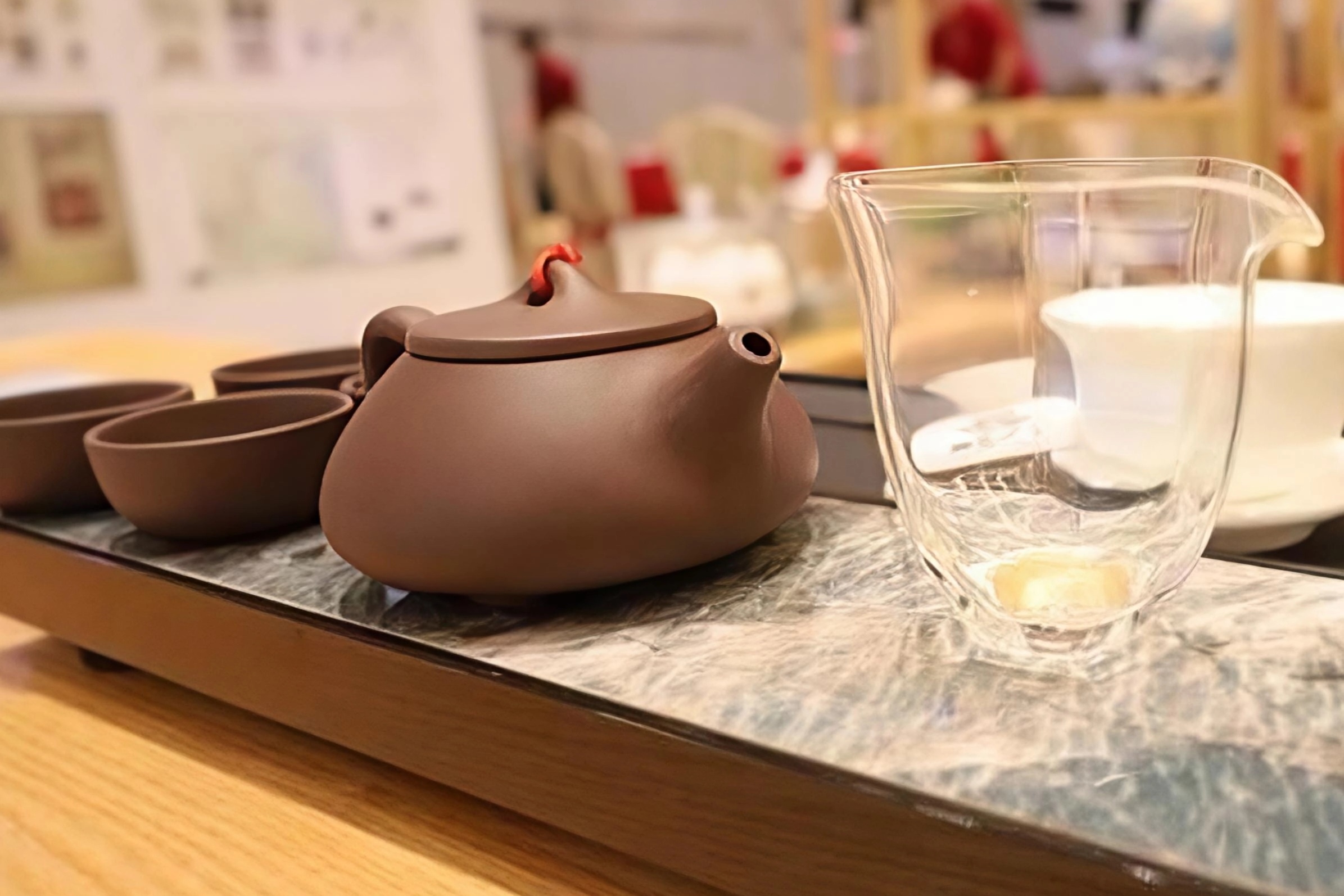Revisiting Chinese tea traditions this mid-autumn in Manila

Amid the glow of the harvest moon, the Mid-Autumn Festival offers more than lanterns and mooncakes—it invites pause, reflection, and the quiet companionship of tea. Celebrated annually on the 15th day of the eighth lunar month, the festival is one of China’s most cherished traditions—a moment of reunion, thanksgiving, and lunar reverence.
Though mooncakes are often considered the signature symbol of the festival, tea plays a subtle yet indispensable role in this age-old celebration. As the Chinese tea artisans at Monks Chai note, “The act of brewing and sharing tea during the festival rituals is a way to honor the past and celebrate the present.” The pairing of mooncake and tea symbolizes balance—bittersweet harmony, indulgence met with restraint.
Regional preferences vary. Across Fujian and Guangdong, oolong teas are favored for their floral aroma and smooth finish, while green or white teas complement lighter mooncakes. Their subtle bitterness cleanses the palate, tempering the richness of lotus seed or red bean fillings. In many homes, exchanging fine tea alongside mooncakes has become an expression of goodwill—an elegant gesture of peace and kinship.

Tea’s symbolism extends well beyond the household. In modern diplomacy, it has emerged as a quiet ambassador—one that bridges cultures through shared experience. The Tea for Harmony cultural salon series, initiated by Chinese embassies worldwide, celebrates tea as a universal language of grace, mindfulness, and connection.
This October, the Chinese Embassy in the Philippines hosted its own “Tea for Harmony: Yaji Cultural Salon” to mark the Mid-Autumn Festival. The event gathered diplomats, members of the cultural sector, and tea aficionados for an afternoon steeped in heritage and human connection. Guests explored exhibitions tracing the origins and artistry of Chinese tea; watched live demonstrations of traditional Fujian tea-making techniques—recognized as intangible heritage; and enjoyed Mid-Autumn–inspired performances of dance, poetry, and song. Interactive stations for aroma sampling, tea-art exchange, and mooncake crafting invited everyone to partake in the sensory ritual that defines the festival’s essence.

In his welcome remarks, Chargé d’Affaires ad interim Zhou Zhiyong reflected on how tea continues to embody the spirit of unity between China and the Philippines:
“This occasion allows us to serve our tea, share friendship, and celebrate reunion. Tea, an enduring symbol of Chinese civilization, has become a cultural treasure shared by humanity. In 2022, China’s traditional tea making was inscribed on UNESCO’s representative list of the intangible cultural heritage of humanity.”
He went on to describe tea as an inseparable part of daily life and a medium of peace and humility:
“For us, tea is as essential as any daily necessities. We wake up in an invigorating cup of tea in the morning and close the day with a cup shared among families and friends. Tea is more than a formality or a variety of flavors. It is an experience just like we had now. It embodies peace of mind and a spirit of humility.”
Zhou also offered a historical reflection, tracing the Philippines’ early connection to Chinese tea:
“Tea has connected civilizations and its vessels, porcelain, also traveled across the seas. Archaeological finds in the Philippines revealed that as early as the 17th century Chinese tea, silk, and porcelain were brought here aboard galleons sailing from Yuegang off Fujian. They reached Manila Bay, Cebu, and even Butuan—and from here, before continuing on to Mexico, the Americas, and Europe. Chinese tea was enjoyed not only by nostalgic overseas Chinese but also inspired cultural exchanges among tea traditions around the world. Tea as a way of life has likewise accompanied the journey of our bilateral relations.”
He concluded with a note on shared aspiration:
“Today’s gathering allows us to experience the eastern wisdom of harmony and infuse our friendship with greater cultural warmth and resilience.”
As the program drew to a close, guests shared tea and mooncakes in observance of the Mid-Autumn Festival’s traditions of reunion and harmony. The exchange reflected tea’s continuing role in fostering cultural connection between China and the Philippines.



0 Comment